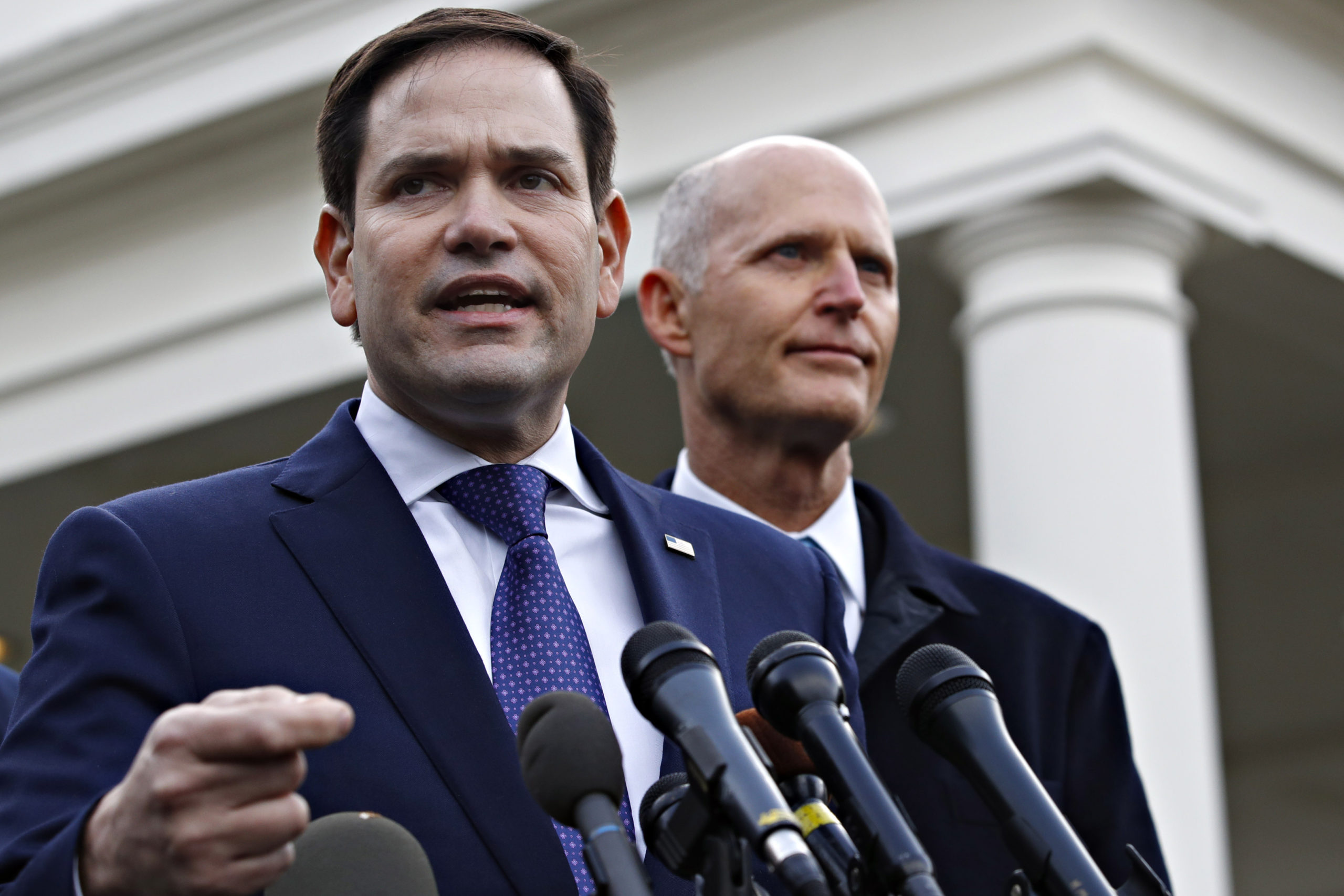Last week three US Senators issued a bill with a title for the ages:“Crippling Unhinged Russian Belligerence and Chinese Involvement in Putin’s Schemes Act”. The schemes that the act seeks to “cripple” are specifically the Russian use of China’s CIPS interbank payment system after America and her allies kicked the Russians out of our system, SWIFT.
Last month, I wrote a piece about how pushing Russia out of SWIFT would simply drive them onto Chinese payments platforms, thereby weakening SWIFT by making it less important globally. The bill seeks to prevent this by effectively extending these sanctions to any Chinese bank that interacts with Russian banks.
One immediately wonders where this ends. If the bill passes and Chinese banks are not allowed interact with American banks but continue to interact with, say, European banks, will these European banks be subject to sanctions too? It is hard to see why they wouldn’t given the internal logic of the approach. The logical endpoint of this type of sanctioning is likely America erecting a wall around its financial system. They are more than welcome to do this, but it seems like an imprudent policy.
But there’s a much more immediate problem: the Chinese currently hold around $1.065trn worth of US Treasury bonds — 11% or so of the total Treasury bonds in existence. If America wants to start an economic war with China, they had better be prepared for China retaliating by nuking the market for Treasuries and ultimately crashing the US dollar. At that point, China will probably not care if it is excluded from the American banking system, because the latter will be full of funny money. In such a scenario, it is likely that the rest of the world would start to move away from the American banking system — not to mention, extracting their money from the American stock and bond markets.
American sanction policy seems to rest on the premise that America remains the all powerful economic and financial superpower. It seems to have in mind America in 1965, at the height of the gold-backed Bretton Woods system. Today, however, America is still a superpower — but a grossly indebted one. The US dollar is powerful because it is in the interest of the US’s creditors — most specifically China — to keep it powerful.
America is risking enough of its financial credibility in its attempts to tame the Russian bear. If it simultaneously tries to overpower the Chinese tiger, I know where I’ll be putting my money — and it won’t be in US stocks or bonds. So a message to Sen. Rubio et. al: your unhinged scheme will only cripple yourselves.











Join the discussion
Join like minded readers that support our journalism by becoming a paid subscriber
To join the discussion in the comments, become a paid subscriber.
Join like minded readers that support our journalism, read unlimited articles and enjoy other subscriber-only benefits.
Subscribe